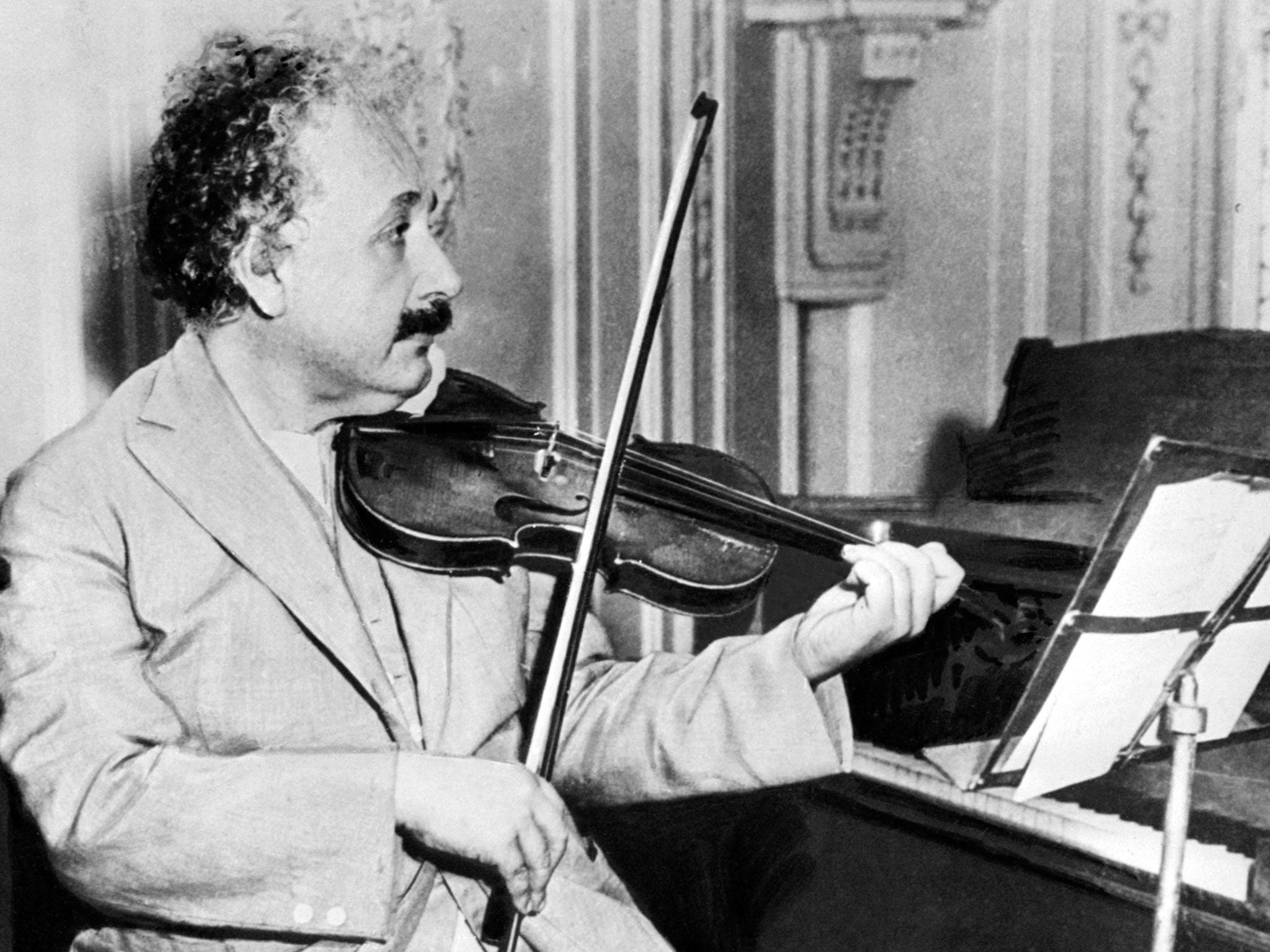How to find a job you love
Why pursuing your passion satisfies both your personal and professional career needs

Your support helps us to tell the story
From reproductive rights to climate change to Big Tech, The Independent is on the ground when the story is developing. Whether it's investigating the financials of Elon Musk's pro-Trump PAC or producing our latest documentary, 'The A Word', which shines a light on the American women fighting for reproductive rights, we know how important it is to parse out the facts from the messaging.
At such a critical moment in US history, we need reporters on the ground. Your donation allows us to keep sending journalists to speak to both sides of the story.
The Independent is trusted by Americans across the entire political spectrum. And unlike many other quality news outlets, we choose not to lock Americans out of our reporting and analysis with paywalls. We believe quality journalism should be available to everyone, paid for by those who can afford it.
Your support makes all the difference.When it comes to a career, most people wonder whether they should pursue their passion or strive towards making a secure living. But the two options may not be mutually exclusive.
Young people with strong convictions are more likely to take risks, persist and ultimately get jobs in their chosen field, satisfying both their personal and professional career needs, a recent study found.
Researchers also found those who exhibit a passion for their interests in their teens are more likely to be successful later on, regardless of their inherent talent.
The study, published in the Journal of Applied Psychology, surveyed 450 high-school music students at two US summer music programmes over the course of 11 years.
"Given the economic reality today, people commonly face trade-offs as they make decisions that pit the two sides of careers - the 'heart', or intrinsic side, and the 'head,' or extrinsic side - against one another," said Doctor Daniel Heller of Tel Aviv University.
Although the participants who were involved in music professionally earned considerably less than freelancers or amateurs who pursued their musical interests outside of work, they reported similar or greater satisfaction with their jobs and lives.
"If you experience a strong calling, you need to be cognizant of your relative preferences for intrinsic versus extrinsic rewards," Dr Heller added.
"However, we found that, in certain fields, one's drive or passion afforded a competitive advantage over others, even when unrelated to objective ability or talent."
Join our commenting forum
Join thought-provoking conversations, follow other Independent readers and see their replies
Comments